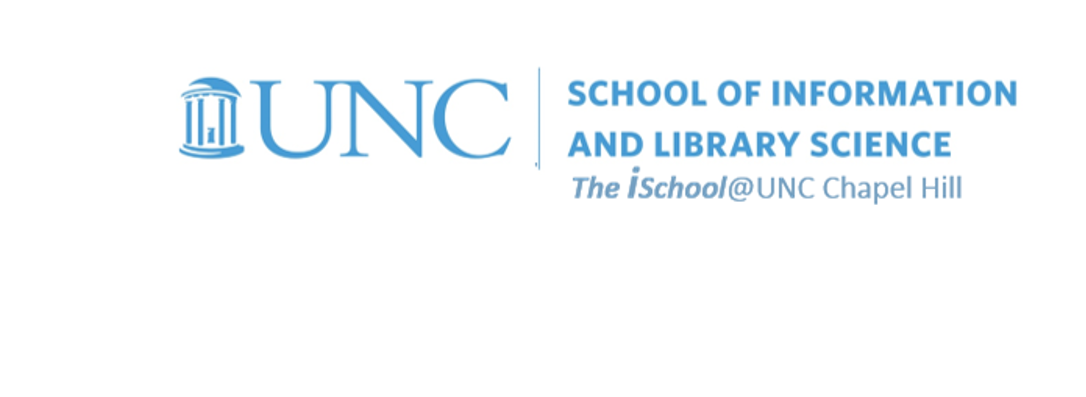
Perspectives on information, technology and people
23 August 2022 1100-1215
What is information science?
And how does it relate to library science?
Let's begin by learning something we didn't know we didn't know.
① info world
We will start each session with one of us standing before the assembled group and introducing us to an "information world" that they are familiar with, but one that may well be new to the rest of us.
This will be voluntary: there will be no one necessarily assigned to do this weekly, though we hope everyone would want to share of themselves by taking advantage of the opportunity.
back to top
② watch presenter in Sakai calendar
Information Science Road Trip (10 Big Ideas of Information Science)
That video was created by Professor Jenna Hartel of the Faculty of Information at the University of Toronto,
and was found on the Association for Information Science & Technology website.
The site has some definitions which we may discuss in class, and they are worthy of being repeated here.
You might have questions about what we mean when we say “information science.”
Information science includes any professional who works with, researches about, or
learns about the management of information in any form.
Whether you are interested in storing, retrieving, describing, organizing, representing,
or providing information to others, ASIS&T is for you!
Here are a few definitions of information science from leaders in our field:
Information science is that discipline that investigates the properties and behavior of information, the forces governing the flow of information, and the means of processing information for optimum accessibility and usability. It is concerned with the body of knowledge relating to the origination, collection, organization, storage, retrieval, interpretation, transmission, and utilization of information.
Borko, H. (1968). Information science: What is it? American Documentation, 19, 3.
… information science brings together and uses the theories, principles, techniques and technologies of a variety of disciplines toward the solution of information problems. Among the disciplines brought together in this amalgam called information science are computer sciences, cognitive science, psychology, mathematics, logic, information theory, electronics, communications, linguistics, economics, classification science, systems science, library science and management science. They are brought to bear in solving the problems with information — its generation, organization, representation, processing, distribution, communication and use.
Williams, M. E. (1987/1988). Defining information science and the role of ASIS. Bulletin of the American Society for Information Science, 14(2), 17-19.
Information science is the science and practice dealing with the effective collection, storage, retrieval, and use of information. It is concerned with recordable information and knowledge, and the technologies and related services that facilitate their management and use. More specifically, information science is a field of professional practice and scientific inquiry addressing the effective communication of information and information objects, particularly knowledge records, among humans in the context of social, organizational, and individual need for and use of information. The domain of information science is the transmission of the universe of human knowledge in recorded form, centering on manipulation (representation, organization, and retrieval) of information, rather than knowing information.
Saracevic, T. (2009). Information science. In M. J. Bates (Ed.), Encyclopedia of library and information sciences (3rd ed.) (pp. 2570-2585). New York: Taylor and Francis.
back to top
③ read presenter in Sakai calendar
We had one required reading for this first 75 minute session.
-
Look at:
Zins, C. (January 01, 2007).
Knowledge Map of Information Science.
Journal- American Society for Information Science and Technology, 58, 4, 526-535.
Don't read it in detail, but do study Figure 2 on page 529.
back to top
④ ponder presenter in Sakai calendar
An optional, fuller discussion by Saracevic.
- Saracevic, T.(2010). Information science. In M.J. Bates (Ed.), Encyclopedia of Library and Information Sciences (3rd edition) New York, NY: CRC Press.
Read up to Human Information Behavior on page 08. We'll come back to these topics again.